Joel Salatin is a farmer, author, lecturer and main subject of the 2008 documentary film, Food Inc. Founder of Polyface farms in Swoope, Virgina, his alternative farming practices were first made famous in Michael Pollan’s “Omnivore’s Delimma”. On Tuesday, Pollan addressed a packed house, delivering his speech entitled, “Can We Feed the World?” Speaking points included historical contexts surrounding the current food debate, problems in assessing land productivity as well as calling on audience members to stand up for their values through the food they eat. On his way out the door, Salatin took a moment to sit down (in a Herric Chapel pew) with S&B reporter Nate Powell-Palm to discuss the prospects of young people like Grinnellians getting involved in the alternative types of agriculture described in his speech.
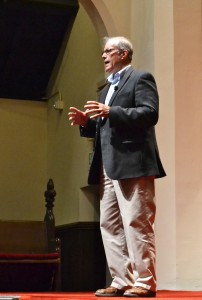
For young people who are interested in farming but do not come from a farming background, do you think it’s possible for them to get into, and make a good living farming?
There’s no cut and dried answer to that. Everybody comes from a different perspective. I would say that you have to start somewhere. You don’t start with a whole system you start with a piece. Yes, for many people you do have to take a day job. Or maybe you don’t start where you are right now…maybe you go somewhere that’s more conducive to it. For example, Iowa right now is in an incredible land price explosion, which is a blip but maybe you have to go someplace else that’s not in quite such a land problem.
What are some ways that the type of farming is different for people hoping to start farming?
One of the beauties of my kind of farming is that it can be layered on an existing farm synergistically, without jeopardizing the mother ship. You can go on any of the farms around here and take 20 acres and start what I’m talking about and make a living that wouldn’t jeopardize the whole operation.
How can the farming practices you advocate, which include land restoration and environmentally conscious livestock husbandry, be applied to vegetable farming?
You’re going to have to charge a living wage. There are definitely economies of scale. Elliott Coleman is the guru of this up in main and he grows a product up in Main in the wintertime. All of this works. The weak link in this is creativity.
How do local farmers address the fact that the same market infrastucture is not available for small farmers that currently exists for the conventional system.
You do it one at a time. We’re not where we are over night and we wont change it overnight. You crawl before you walk. You don’t fix a whole you fix a piece. For example you could start and maybe you wouldn’t start right here, maybe you’d sell to Des Moines. We’ve pioneered our metropolitan buying club that uses the Internet. The thing now is that the Internet has given us amazing opportunities to real time market cheaply and locally that we’ve never had before. I believe that the future of food marketing is going to be without bricks and mortar. The whole effort to try to get our food into the super market is missing the boat. I think we’re heading towards no super market. Creative local farmers are just going ahead and jumping into that right now. There are three software companies in the country that are creating virtual farmers markets which takes all the bricks and mortars and warehousing and cashier out of the transaction which gets the cost down and completely circumvents all of the super market deal. I think as we start doing that we’re not going to feel as inhibited about a lot of things. In fact we’re going to be able to sell it cheaper than the super market because labor, energy and bricks and mortar are becoming more expensive. Those of us who are operating without it are going to be able to get better price comparison and put that money in our pocket to pay our higher labor and management costs so we don’t have to use the migrant labor.















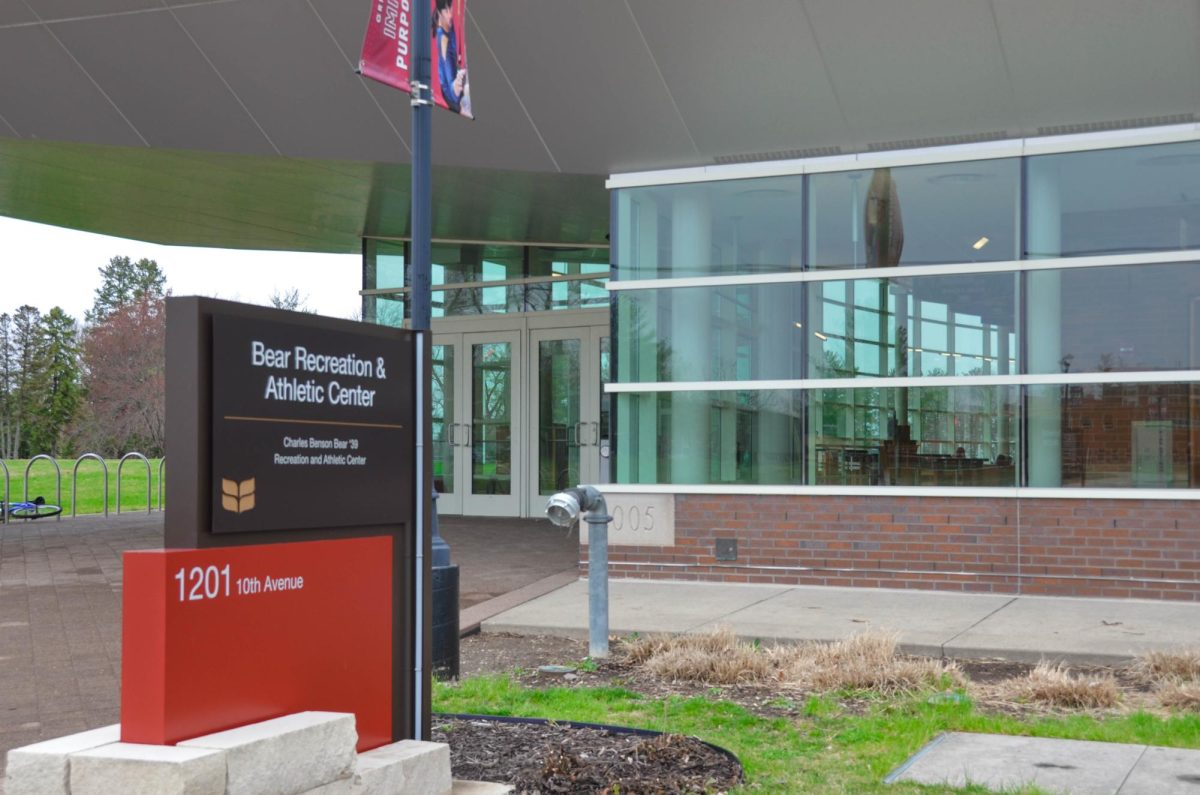






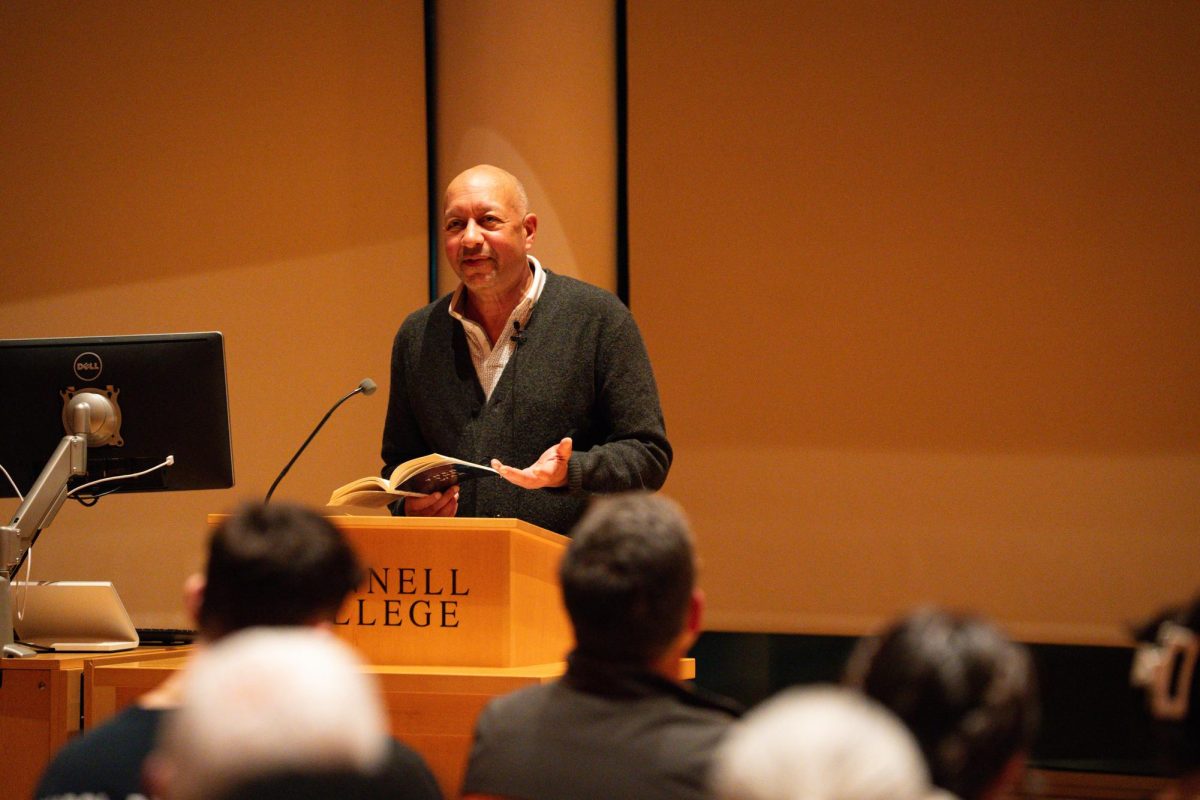



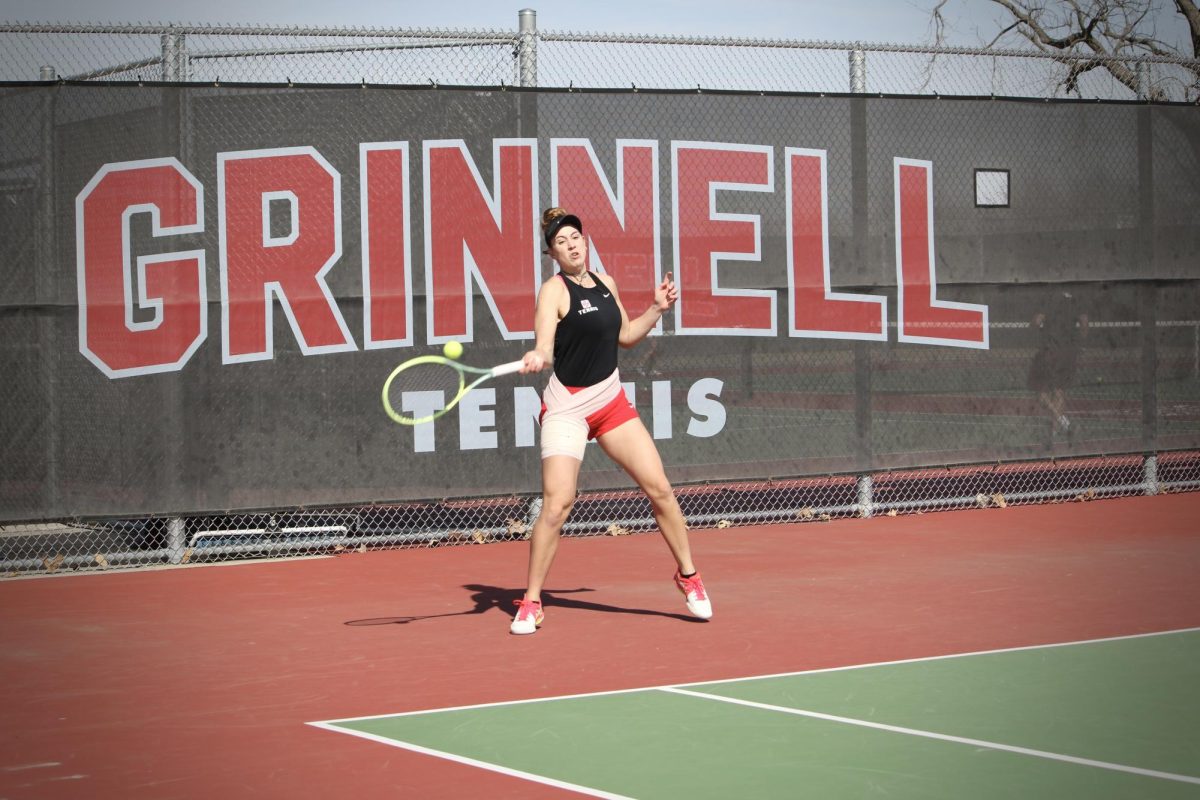
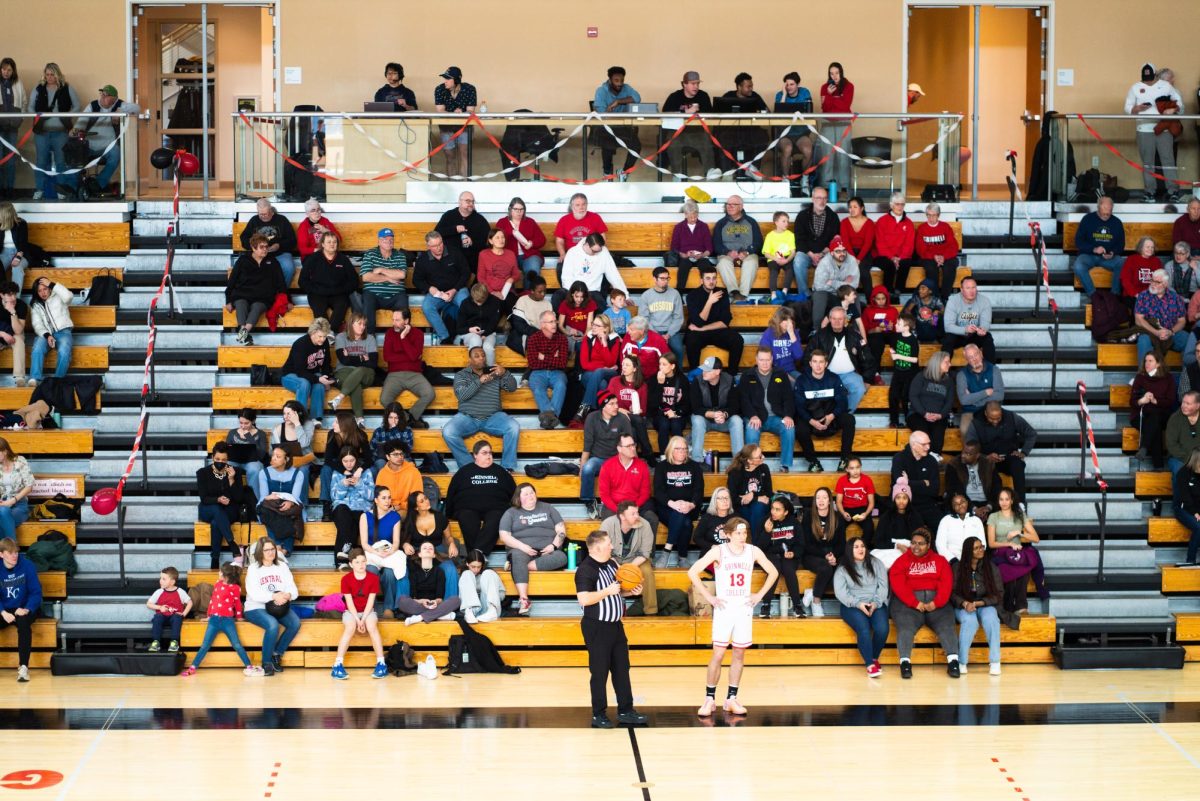
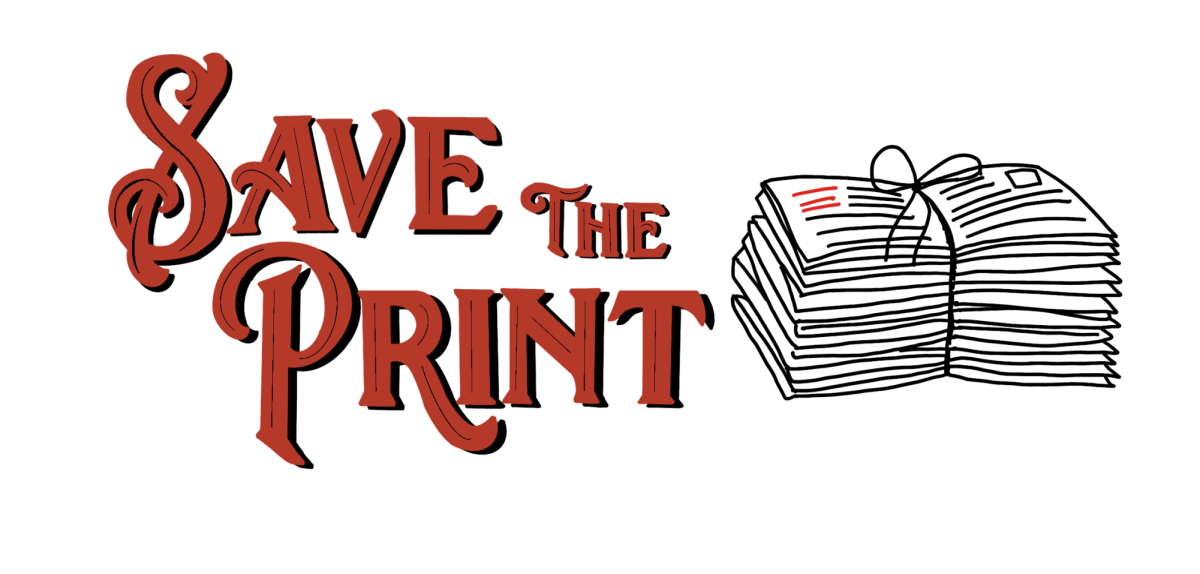











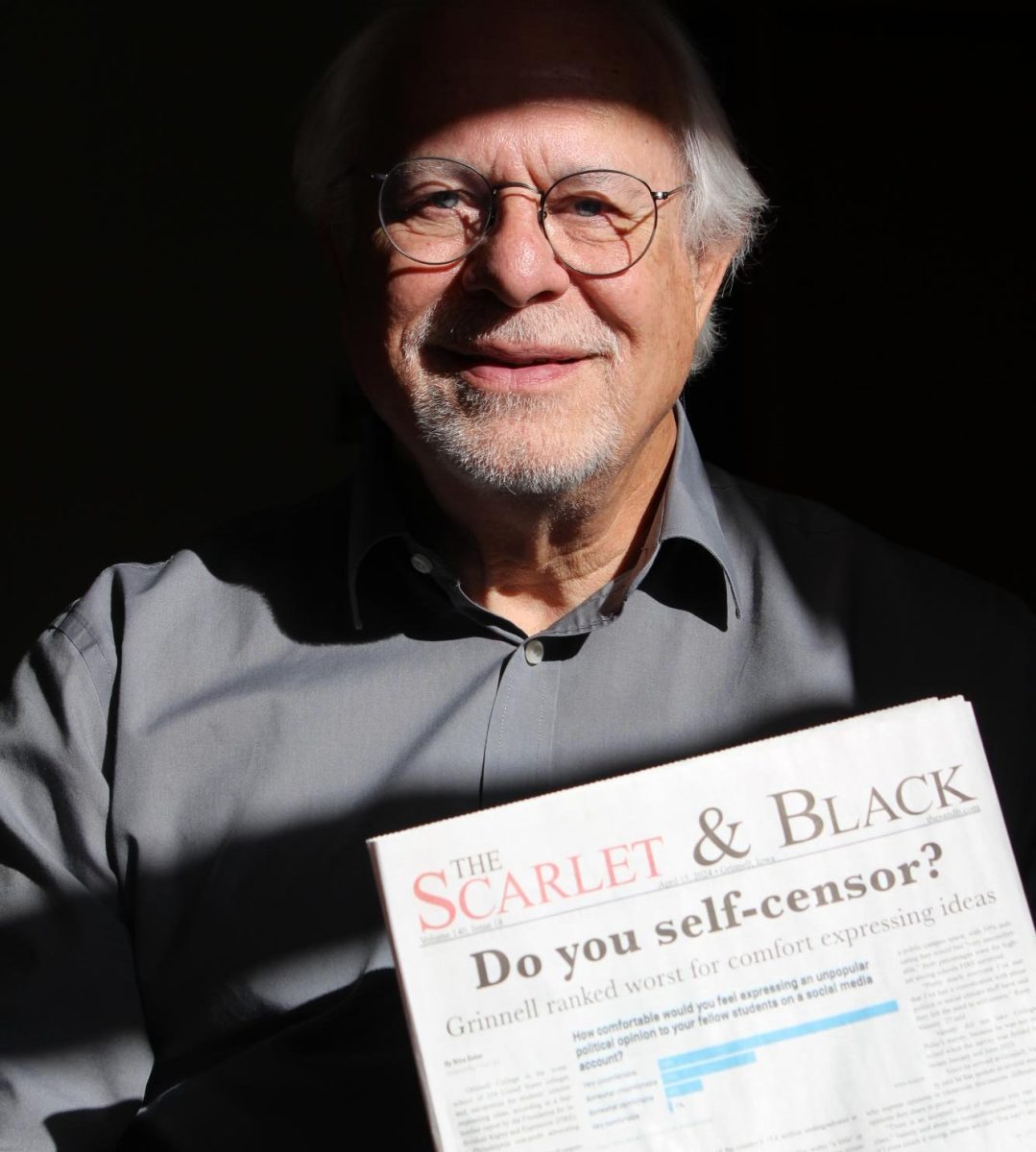
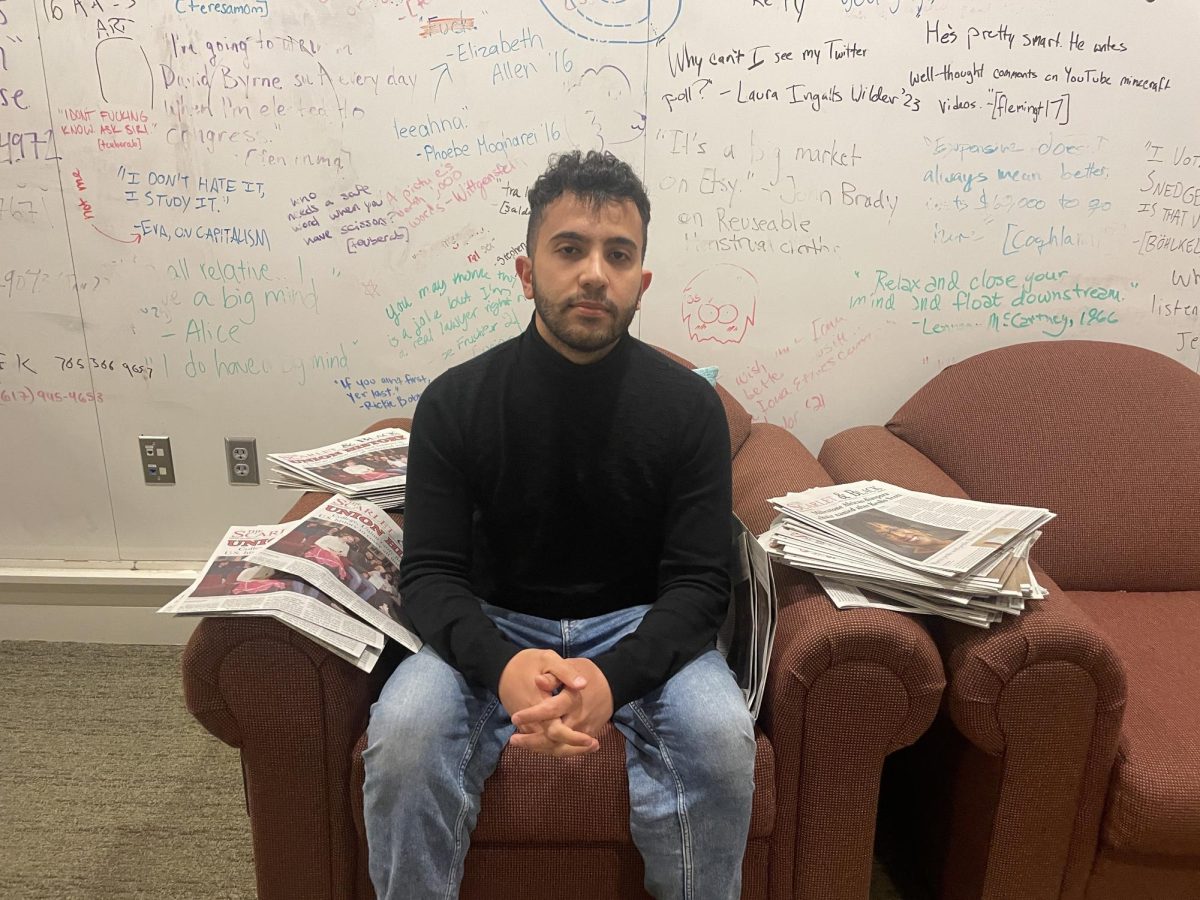
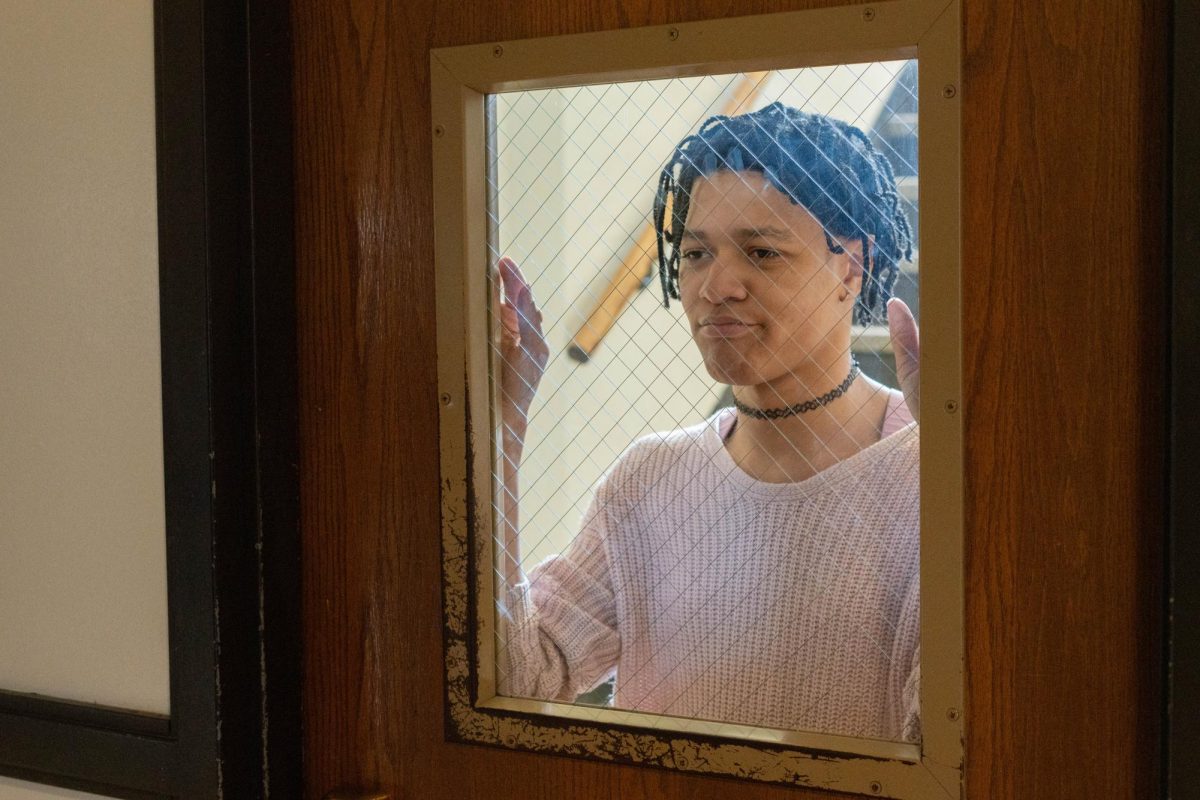


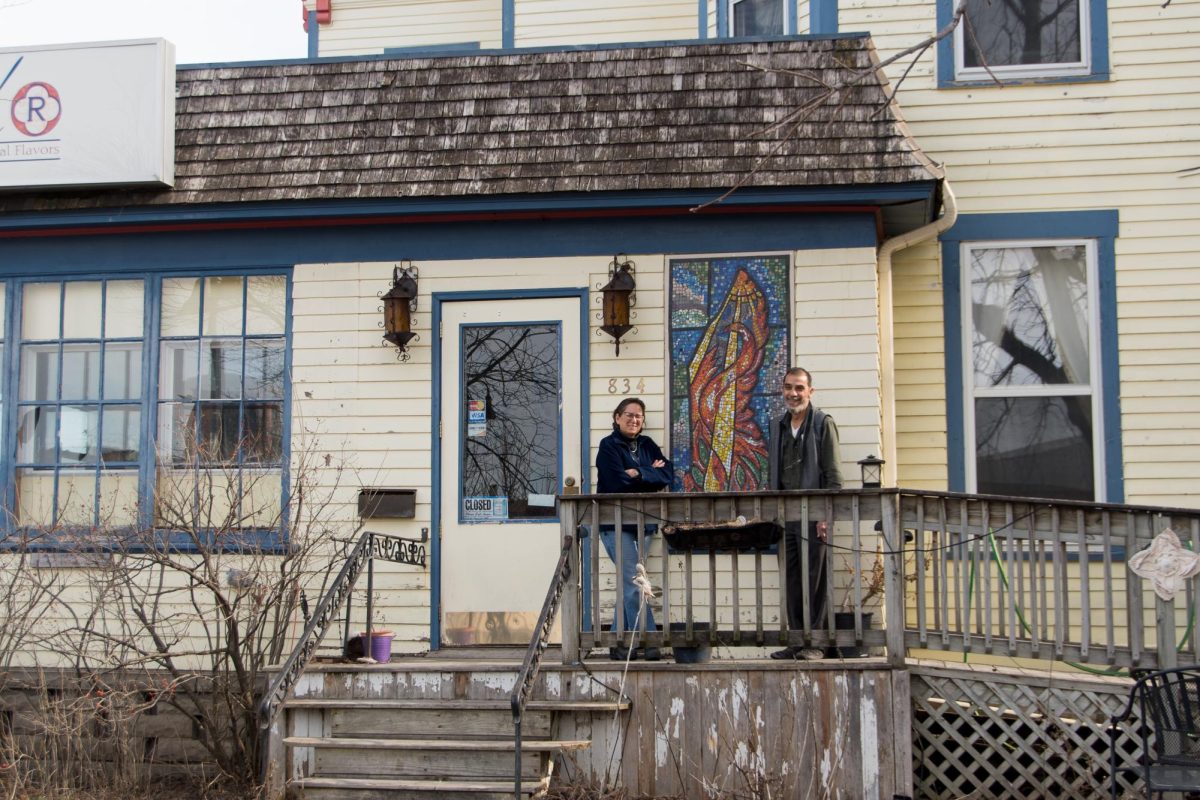
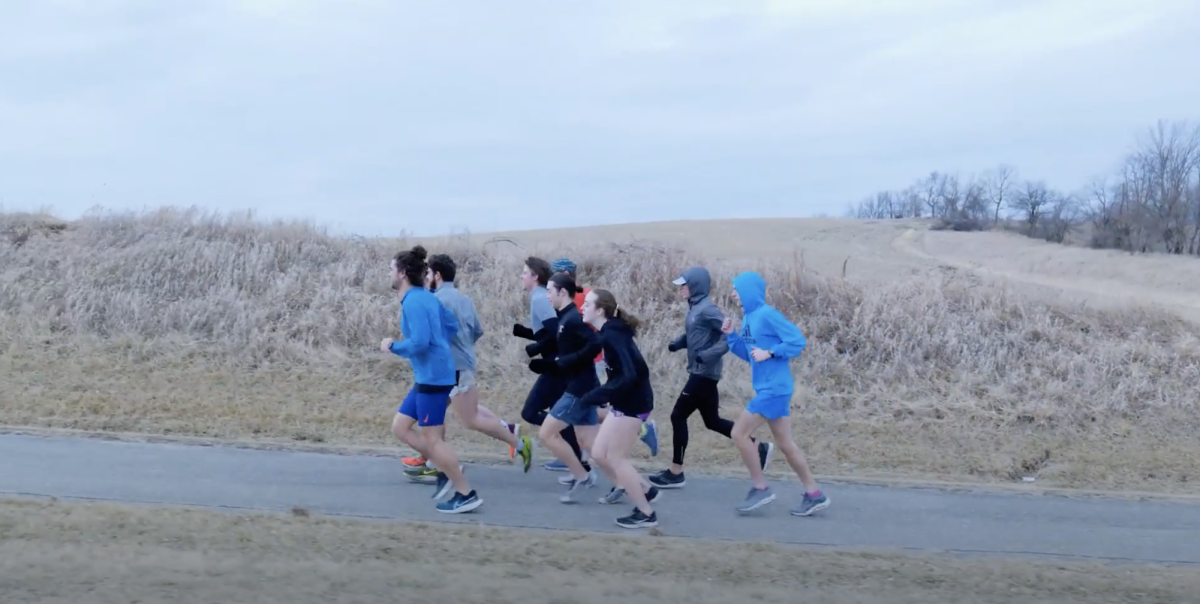



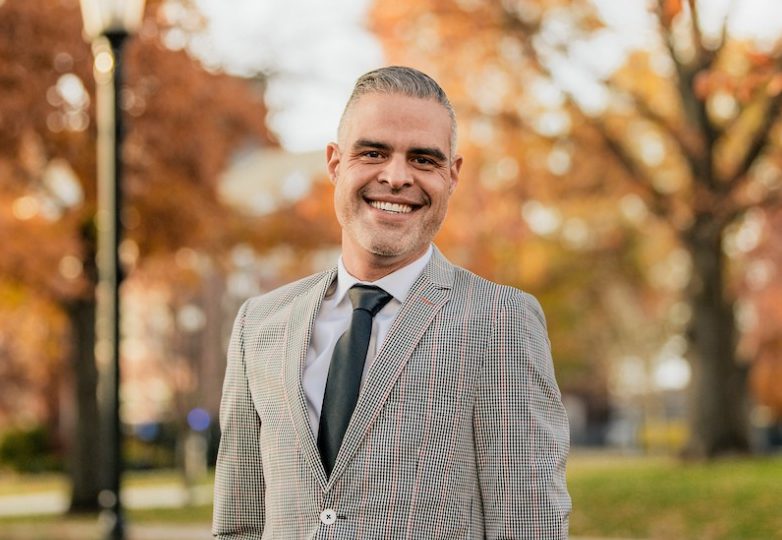
guy kent courtney • Apr 27, 2012 at 8:42 pm
thinking i would like more info
Gary Maske • Apr 24, 2012 at 8:32 am
Where Salatin references Elliot Coleman, “up in main” should be “up in Maine.” He was referring to the state of Maine.